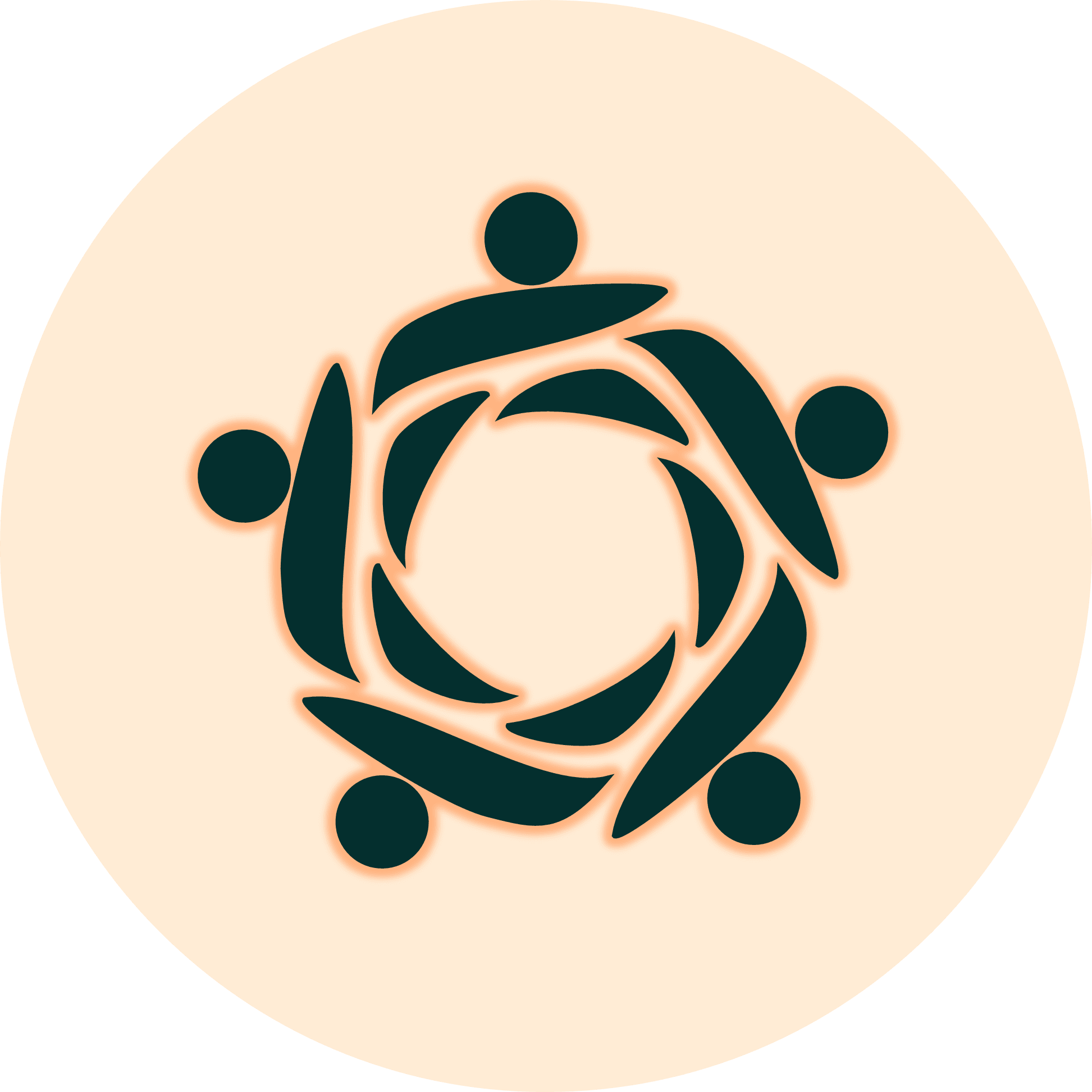Individual guideline
Invest in getting enough social connection
Individuals need regular and frequent social interaction. This includes spending time with those we’re close to as well as with other people we are less familiar with.
- Seek out opportunities for near-daily social interactions, even if brief.
- If possible, spend quality time every week socializing with the people closest to you or with those you would like to become closer to.
- Prioritize meaningful and satisfying relationships over superficial and less fulfilling ones, but remain open to new and deepening relationships.



Additional considerations
It can be hard to determine the right amount of time you should spend socializing. Although research suggests that human beings naturally gravitate towards significant time spent socializing each week (i.e., 20+ hours per week), it is unclear whether this value represents an ideal level of social interaction. Complicating matters, people vary in how much and how frequently they want to socialize. Nevertheless, it is increasingly apparent that on average people get less social time than they would like and that, over time, we are spending less and less time socializing – particularly in-person with those outside our households. These trends are concerning, especially knowing how important social interactions are to maintaining relationships and meeting our own social needs. As such, even when life is busy, it is important for us to invest our time and energy into connecting with others. We should socialize enough such that we feel connected to others, maintain positive relationships, and feel that we are fulfilled. For most of us, that means we get a mix of casual, low-intensity social interactions with neighbors, coworkers, acquaintances, and strangers as well as deeper, higher intensity periods of social interaction. If you are trying to find a balance that is right for you, it may be helpful to start by setting goals for weekly hangouts with friends and families and daily brief social interactions and adjusting from there. As you make adjustments, be careful to consider whether any feelings of fatigue are arising from the quantity of socializing you are engaged in versus other stressors in your life.
Additional resources

A global platform for discovering, creating, and managing events. It allows organizers to plan events, sell tickets, and engage with attendees, while helping users find events that match their interests, from workshops to festivals.

A feature within Facebook for creating, discovering, and sharing events. It enables users to organize events, invite friends, track RSVPs, and interact with attendees, fostering community and engagement.

A bi-annual event encouraging face-to-face social connections to enhance wellbeing. It promotes gatherings with friends, family, and neighbors to counteract social isolation and foster community bonds.

A platform that brings people together through in-person and virtual events based on shared interests. It allows users to join or create groups for activities ranging from hobbies to professional networking, fostering personal connections and community engagement.

Recipes for Connection | U.S. Surgeon General
Developed by the U.S. Surgeon General's Office, “Recipes for Connection” was developed to spark ideas for gathering around food—because food is woven into our memories and is a powerful way of sharing who we are and what we love.

In our fast-paced world, getting enough social connection can be hard. We get busy or we forget. Social Connection BINGO is a fun activity that can help you, your family, or team make social connection a priority in your every day life!

